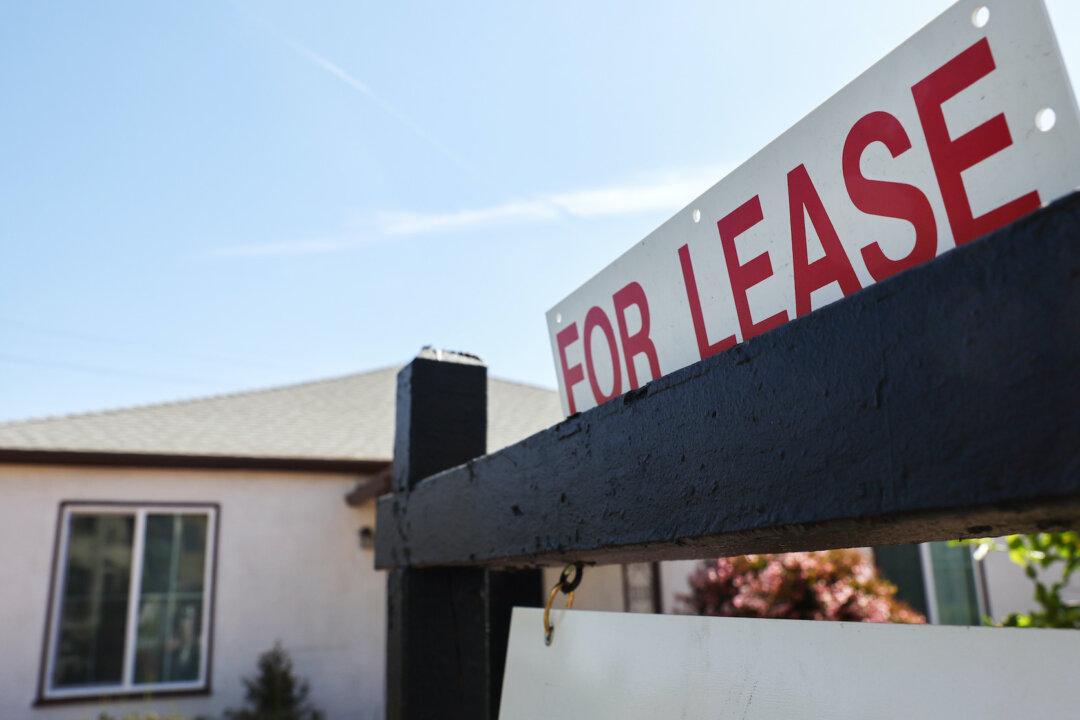A group of California lawmakers have unveiled 22 proposed bills that aim to make home building easier and home buying more affordable in the Golden State. The bipartisan and bicameral group hopes to expedite the sweeping “Fast Track Housing” package through the state Legislature.
Proponents say the new laws could help builders navigate the state’s tough environmental regulations and help residents find affordable homes in a state where a housing crunch has caused home prices to spike and rental costs to surge in the past few years.





